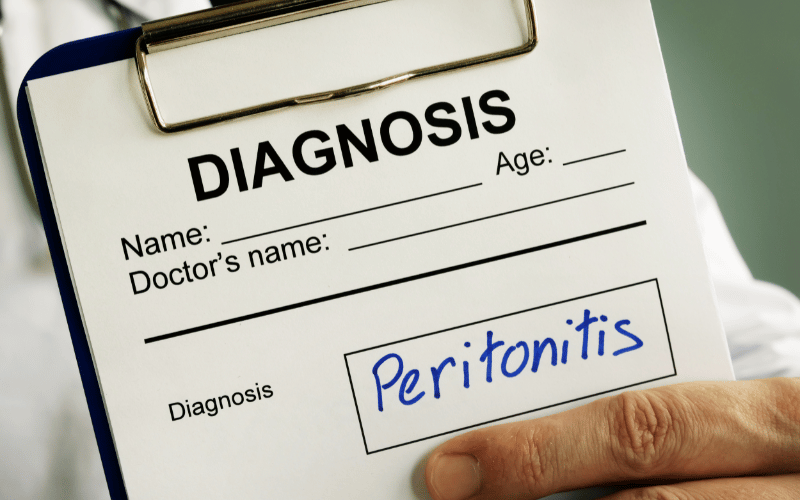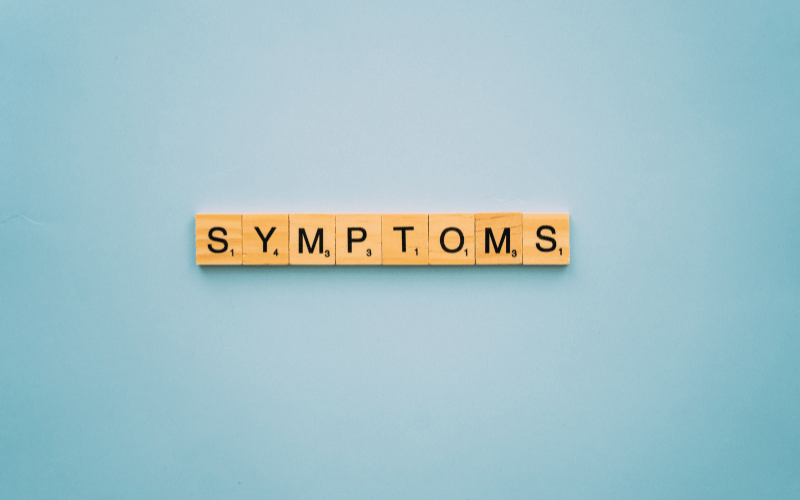Introduction: Delving Deep into Peritonitis
Peritonitis, a condition marked by the inflammation of the peritoneum, is a subject demanding thorough understanding due to its potential severity. The peritoneum is a silk-like membrane that lines the inner abdominal wall and covers the organs within the abdomen, playing a crucial role in maintaining abdominal health. When it becomes inflamed, the consequences can be severe, requiring immediate medical attention.

This medical condition can be triggered by various factors, including bacterial or fungal infections, injuries, or other underlying medical conditions. Recognizing the symptoms early on, such as severe abdominal pain, fever, nausea, and a bloated abdomen, is paramount. Early recognition paves the way for timely intervention, enhancing the prospects of a full recovery.
The intricacies of peritonitis span across different types, causes, and risk factors, each contributing to the complexity of this condition. Patients may encounter different forms of peritonitis: primary, secondary, or tertiary, each demanding a unique approach to treatment and management. Understanding these types is crucial, as they are related to various underlying conditions and causes, from liver disease to abdominal injuries and complications from peritoneal dialysis.
Moreover, peritonitis doesn’t discriminate, affecting individuals regardless of age or background. However, certain populations are at higher risk, including those with weakened immune systems, undergoing certain medical treatments, or living with chronic medical conditions. This underscores the need for awareness and proactive measures in managing one’s health and preventing potential complications.
The diagnosis of peritonitis requires a combination of blood tests, imaging studies, and, in some cases, exploratory surgery. This rigorous diagnostic process ensures that the medical team can devise an effective treatment plan, which may involve a combination of antibiotics, surgery, and supportive care. The road to recovery can be lengthy and demanding, requiring hospitalization and a period of rest and recuperation.
Fact 1: Identifying the Symptoms is Crucial

Early recognition of peritonitis symptoms is a life-saving measure, as the progression of the condition can be swift and severe. Severe abdominal pain and tenderness are usually the first signals that something is amiss. This pain can quickly escalate, spreading throughout the abdomen and intensifying with even the slightest movement. It’s not something that should be shrugged off or ignored, hoping it will go away on its own.
Alongside the pain, a fever may set in, along with nausea, and a noticeable bloating of the abdomen. These symptoms, combined with the pain, can lead to an overwhelming feeling of discomfort and unease. For some, this might be accompanied by changes in bowel habits, with either constipation or diarrhea, adding another layer to the already distressing situation.
Fatigue is another symptom that can make its presence known, along with a potential loss of appetite. These two symptoms, while not as immediately alarming as severe pain or fever, still play a critical role in recognizing peritonitis. They contribute to the overall picture, helping doctors to piece together what’s happening inside the body.
Identifying these symptoms promptly, and seeking immediate medical attention, is not just advisable – it’s imperative. The quicker you act, the quicker a diagnosis can be made, and the necessary steps can be taken to manage the condition and start the journey to recovery. Waiting or hesitating can only lead to worsened outcomes.
In essence, paying close attention to your body, recognizing when something is significantly off, and taking immediate action, is the key to mitigating the severity of peritonitis. It’s about being proactive, not reactive, and understanding that these symptoms are your body’s way of signaling that it needs help, and fast. (1)